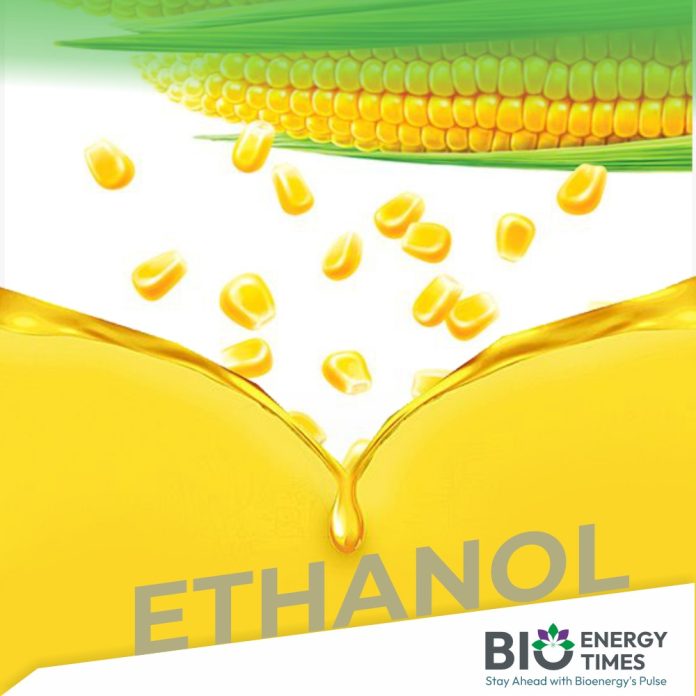On Tuesday, President Joe Biden’s administration issued guidance regarding its sustainable aviation fuel (SAF) subsidy initiative, permitting corn-based ethanol to qualify as a feedstock provided it originates from farms employing climate-friendly cultivation methods.
This decision is likely to evoke mixed feelings within the politically influential U.S. ethanol industry, which eagerly seeks subsidies but had hoped for less stringent criteria.
Currently, air travel contributes approximately 2% of U.S. carbon emissions and represents one of the fastest-growing emission sources.
Biden aims to address this challenge by establishing a subsidized market for lower-emission SAF, thereby supporting both environmental goals and rural communities—an important constituency in the upcoming presidential election in November.
U.S. Secretary of Agriculture Tom Vilsack remarked, “Sustainable aviation fuel is integral to the Biden-Harris administration’s initiatives aimed at transitioning the American economy to a clean energy future and fostering inclusive economic growth, particularly in rural America.”
SAF can be derived from various agricultural products such as corn and soy. However, to qualify for the SAF subsidies essential for economic viability, refiners must demonstrate that their fuel emits at least 50% fewer emissions than traditional petroleum jet fuel.
According to the guidance, ethanol-based SAF can meet this criterion if corn producers implement a suite of agricultural practices including no-till farming, cover cropping, and efficient fertilizer application, which help sequester carbon in the soil.















